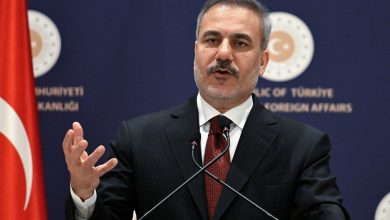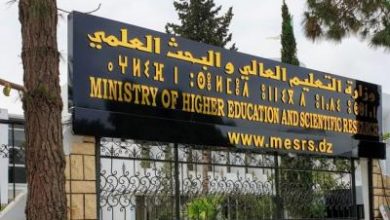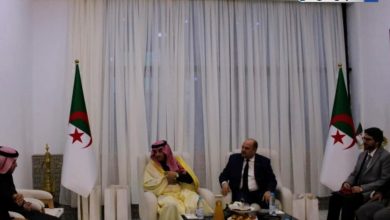Santa Marta, Colombia – Leaders and representatives from Latin American, Caribbean, and European Union nations convened in Santa Marta, Colombia, this week for a summit focused on strengthening cooperation between the two continents. The summit, which concluded yesterday under the leadership of Colombian President Gustavo Petro, brought together delegates from 33 countries.
A final statement released at the summit emphasized a shared commitment to bolstering relationships in the face of global challenges. The declaration underscored a rejection of the use of force and interference in internal affairs, while reaffirming the importance of peaceful resolutions to conflicts.
Reports indicate that a key outcome of the summit is the formation of a new security alliance. This alliance aims to enhance collaboration in combating drug trafficking, organized crime, and corruption. The initiative seeks to coordinate efforts between police, judicial, and customs authorities. Proposed plans include developing joint investigation methodologies, strengthening controls on financial flows, and establishing mechanisms for the repatriation of illicit assets across borders.
Furthermore, discussions at the summit centered on expanding cooperation in law enforcement, intelligence sharing, and combating human trafficking networks, as well as addressing environmental issues.
Speaking at the summit, the High Representative of the European Union for Foreign Affairs and Security Policy, Kaya Kalas, asserted that joint efforts will enhance the protection of citizens on both sides of the Atlantic. Kalas also highlighted the expansion of the EU’s maritime protection program, which will provide greater capacity for information sharing and addressing maritime crime.
Notable attendees at the summit included Brazilian President Luiz Inácio Lula da Silva, European Council President António Costa, and Spanish Prime Minister Pedro Sánchez. However, several heads of state and government were absent, including European Commission President Ursula von der Leyen, and leaders from Germany, France, Mexico, Argentina, and Chile. Media speculation suggests that these absences were driven by a desire to avoid controversy surrounding recent US military operations in the region.




